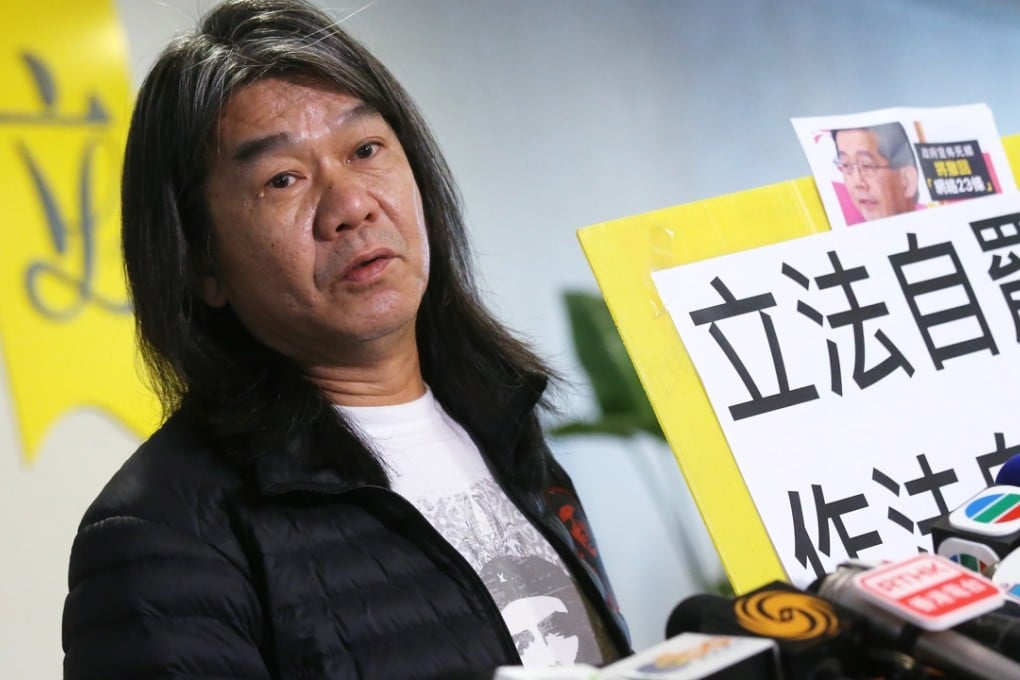Five reasons the Hong Kong copyright bill failed
The political drama explained as Legislative Council debate ended over the controversial legislation

As of 1pm on Friday, Hong Kong lawmakers failed to vote on the government’s copyright amendment bill. The development prompted commerce minister Greg So Kam-leung to announce the bill would be abandoned and no consultation would take place in the administration’s remaining term.
The victory for pan-democrats and internet users who were distrustful of the bill’s objective and implications concluded a heated political battle. Copyright (Amendment) Bill 2014 was the result of more than a decade of controversy stemming from loopholes in the existing law that made it difficult to fight piracy on the internet.
The administration had been under fire from the global business community because the copyright law was deemed outdated and lagged behind international standards.
READ MORE: Hong Kong copyright bill debate enters final 48 hours after latest compromise bid fails
The government tabled a bill in 2012 but withdrew it after strong opposition. The later-amended bill included six exemptions meant to allay concerns over freedom of expression.
Here are five reasons the latest bill failed.
Pan-democrats’ changing stance
While the 27 pan-democrats were initially happy with the draft bill – after all, it learned from the failed legislative bid four years ago and included six exemptions that would cover parody – they started to say no to it after detecting public disfavour on the internet. Some of those who refused to join the filibuster at the start of the second reading late last year were named by monitoring groups and publicised online. Since then, all of them either spoke actively during debates, or stayed away from the chamber.
